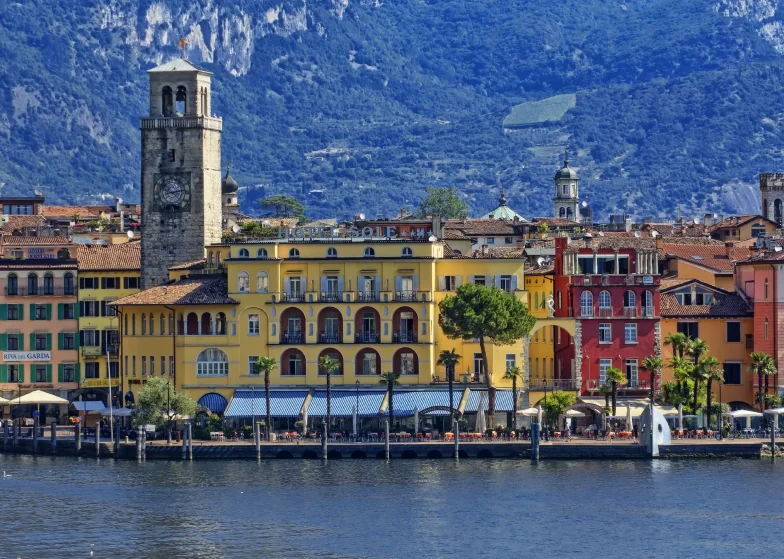
Demonstration sites
Demonstrating at TRL 8 and across over 4000 operational hours USES4HRAT showcases aquifer (ATES) and borehole (BTES) underground seasonal thermal energy storage with enhanced technical and economic performance. Integrated into local district heating networks and industrial waste heat recovery systems, it pioneers advanced drilling techniques, cutting construction costs and time by 50%. Moreover, it introduces innovative layered piping solutions for BTES, ensuring longevity and maximising energy density while minimizing storage costs.

Two highly innovative demonstration sites:

RIVA DEL GARDA
Located at Lake Garda’s northern tip, Riva del Garda hosts a cluster of paper mills, one featuring an advanced CHP system that supplies a local district heating network (DHN) with 45 GWh annually. In warmer months, there’s a surplus of heat (about 10 GWh yearly) unused by the DHN, while winters face heat shortages, met by gas boilers.
The goal of the USES4HEAT demo in Riva del Garda is to capture and store this excess heat during spring, summer, and autumn using a new ATES system, then utilise it in winter supported by the use of a geothermal heat pump. This strategy aims to cut methane consumption by 10 GWh per year, leading to a reduction of approximately 2000 tons of CO2 emissions annually.

FURUSET
Nestled in southeastern Norway, Oslo, the capital city, spearheads diverse decarbonisation initiatives across various sectors and areas, including the Furuset suburb. Furuset is undergoing significant growth, embracing sustainability and innovation with new buildings and offices. Equipped with a low-temperature district heating network linked to Oslo’s main network via a three-kilometre pipe, Furuset aims to tap into excess heat from the Oslo grid.
The demo will feature a large-scale seasonal BTES seamlessly integrated into the low-temperature district heating system. It will optimize the utilisation of excess heat from waste incineration plants, data centres, and sewage water in Oslo during summer, delivering it to Furuset’s district heating network in winter. This storage solution will reduce thermal peak loads and electricity consumption, minimising the need for electric boilers and radiators, and promoting optimised sector coupling.